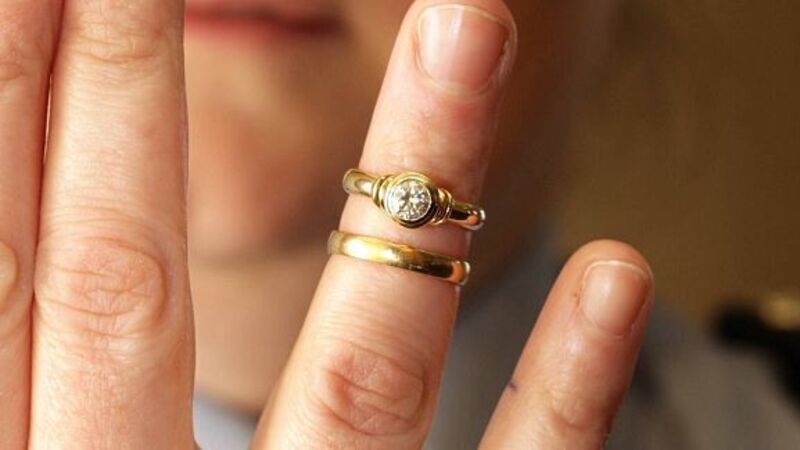Getting engaged changes your online persona, study finds

Getting engaged leads to people coming across as less of an individual on Twitter while also “boasting” about their future, according to research.
A study followed 923 people who used “#engaged” to announce their new relationship status. It found that after people got engaged, tweets with the word “I” or “me” dropped by 69%.














